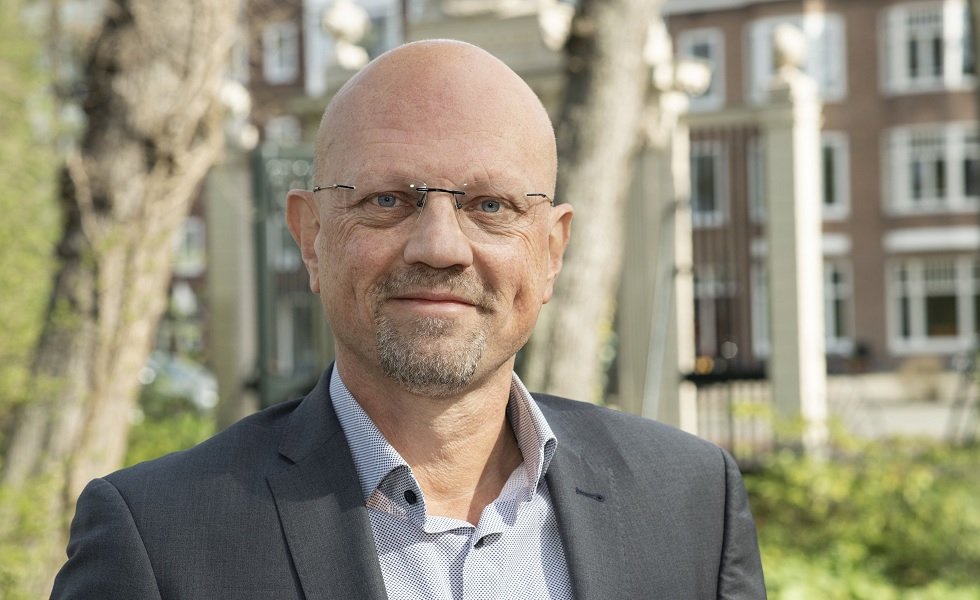Harry Geels: Meanwhile in Argentina...
Harry Geels: Meanwhile in Argentina...

This column was originally written in Dutch. This is an English translation.
By Harry Geels
On April 11th, the IMF concluded a financing deal with Argentina, after which the peso began to fluctuate freely against the dollar for the first time in six years. Donald Trump would do well to follow the example of his Argentinian counterpart, Javier Milei, for three reasons.
Last week, the Argentinian government closed a financing deal with the IMF. All things considered, this can be called a special achievement. The IMF described the deal through its top woman Kristalina Georgieva as a ‘recognition of the impressive progress in stabilising the economy’, which in fact endorses the current libertarian policy of president Javier Milei. Argentinian inflation is falling and the budget deficit has turned into a budget surplus for the first time in twenty years.
The most important economic achievement is that Milei has lifted the most important currency controls, including a fixed peg to the American dollar. The peso can once again fluctuate within a certain range. The IMF is now providing financing (‘disbursement’) of $12 billion, which will be supplemented by $2 billion in June, in order to strengthen Argentina's currency reserves. This means that the South American country remains the IMF's largest debtor.
Interesting libertarian project
Not everyone is happy with Milei, however. Ministries have been disbanded and civil servants fired. Furthermore, economic growth has dropped below zero and unemployment and poverty have risen. Milei calls these facts of life necessary: feverish convulsions to get better. The IMF apparently sees it the same way. Whether Milei will ultimately succeed will depend mainly on the strength of the opposition from the social groups that are suffering now. Earlier, I called Argentina an ‘interesting libertarian project’.
Trump's policies are sometimes compared to those of Milei. Elon Musk, for example, was photographed with a chainsaw, symbolising the cutting away of bureaucracy, as Milei did previously. But there are major differences. Trump's policy is more ‘conservative populist’, in which he cleverly capitalises on the economic insecurity of citizens, especially among less educated men, and the crumbling trust in government and supranational institutions.
Trump would do better to follow Milei's example.
If there is anything consistent to Trump's policies, it is that he implements them chaotically. Trump could take a leaf out of Milei's book on three points. The first is the restructuring of the government. Milei has tackled this much more energetically, abolishing 9 of the 18 ministries in a single day. Elon Musk has already said that his DOGE will only yield 15% of his savings target of $1 trillion, and even that seems too ‘positive’ an estimate. Musk now seems to have been sidelined as well.
Another major difference is their vision with regard to the policy of central banks. Milei wants to abolish them or minimise their functions. Trump wants to make monetary policy a more explicit part of his own political policy. A kind of nationalist-monetary populism, a Fed that dances completely to his tune. And then there is the third major difference. Milei is, as mentioned, a libertarian. Import tariffs do not fit in with this policy. Argentina must become much more a part of the world economy.
Trump pursues a more pragmatic protectionist economic policy. He wants cooperation between the (monetary) government and the business community, especially the large IT companies, to increase the (economic) power of the US and reduce the trade deficit with the other large regions in the world. Although it is not an official policy in itself, Trump does not want to stand in the way of the transhuman ideas of some of the big IT moguls in the US, as long as it supports the Make America Great Again slogan.
In conclusion
Ultimately, the contrast between Trump and Milei is not only about style, but also about substance. Although both leaders position themselves as disruptors and anti-establishment figures, only one presents a coherent ideological blueprint. Trump's policy, often reactive and transactional, lacks a consistent political-economic foundation. It is more of a patchwork of populist impulses than a structured doctrine.
The Milei agenda, on the other hand, is ideologically substantiated: radically libertarian, internally consistent and transparently rooted in the Austrian School. And it seems that the IMF endorses this, a political statement from the financial world doctor for countries in need that should not be underestimated. Trump surfs on the waves of public sentiment. Milei follows a compass, however controversial. In today's turbulent political landscape, that difference is important.
This article contains the personal opinion of Harry Geels
